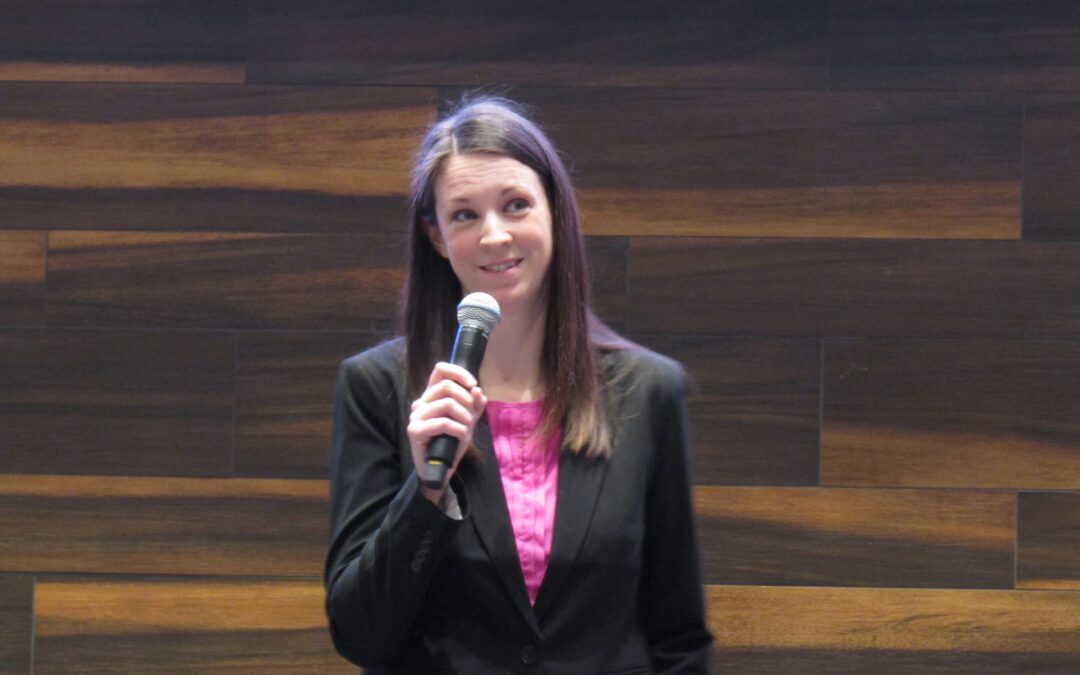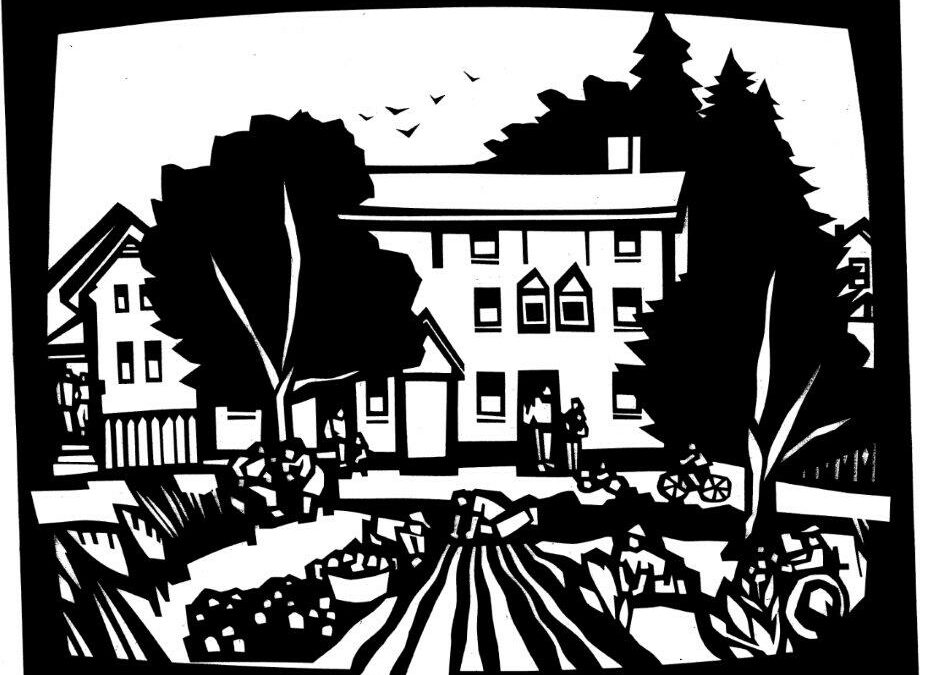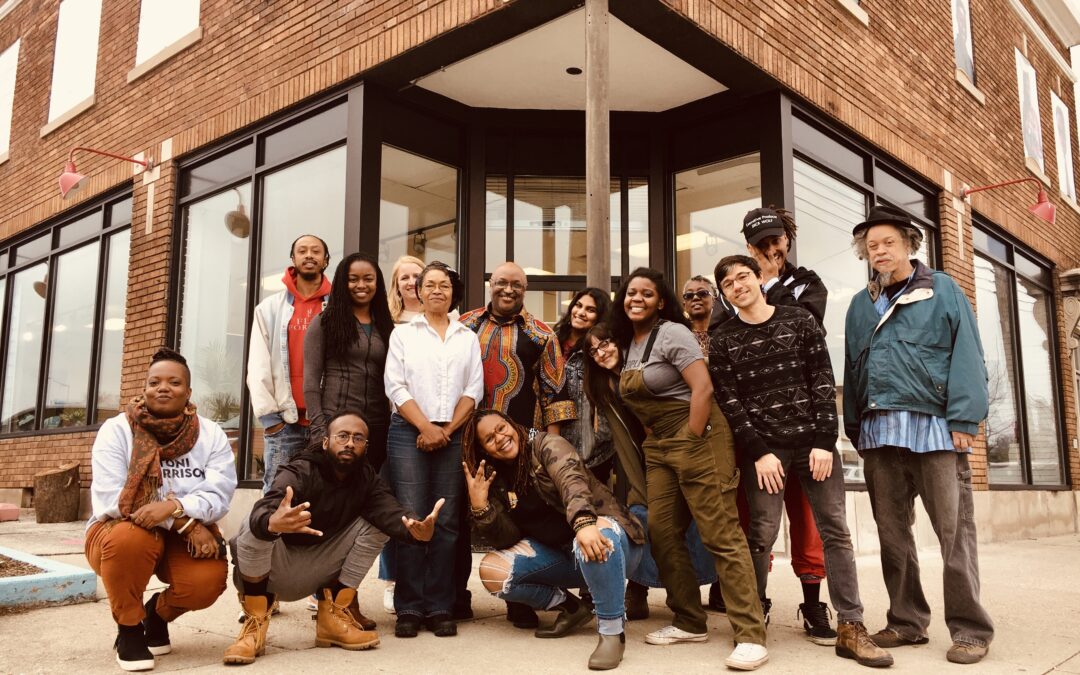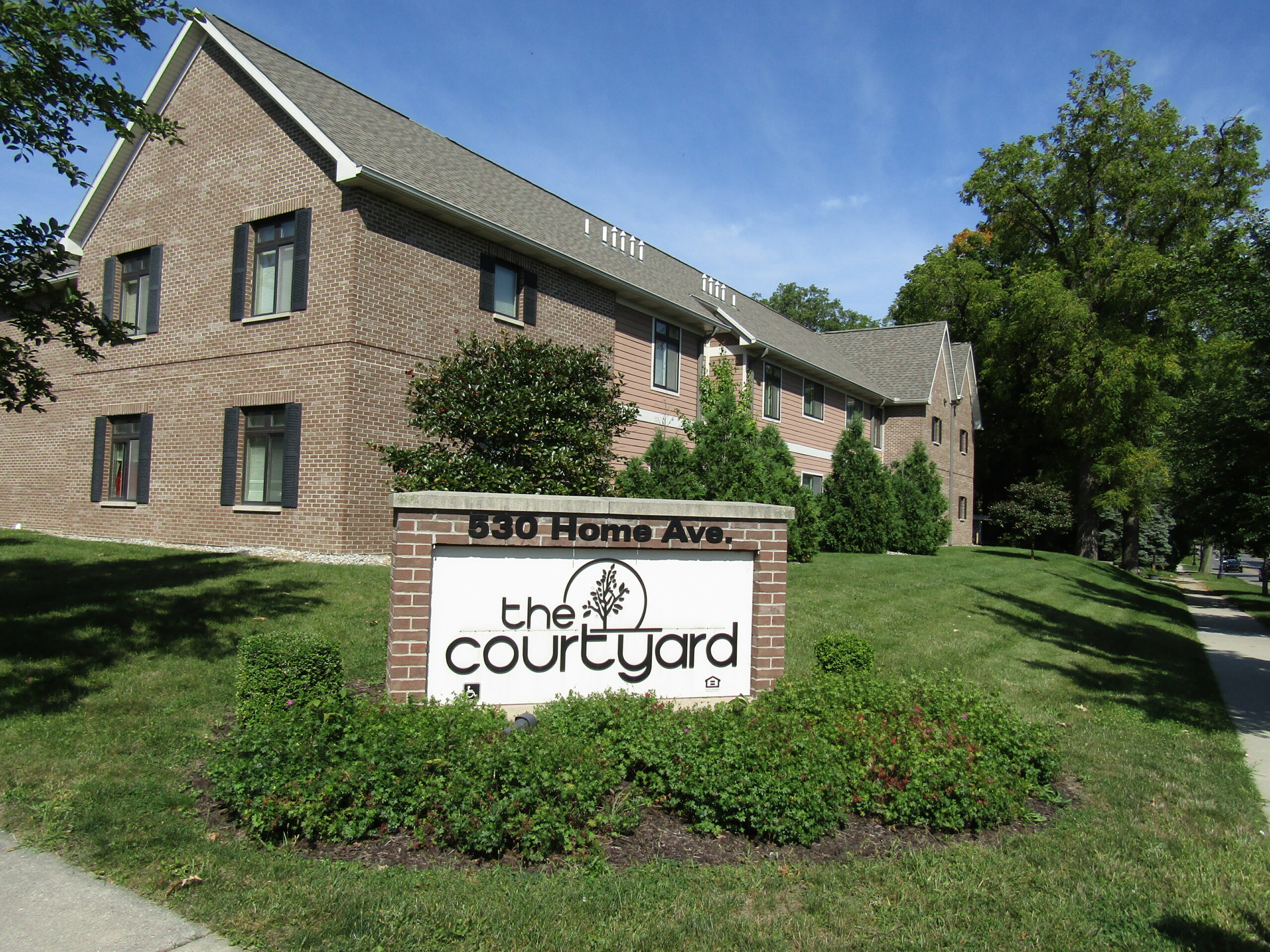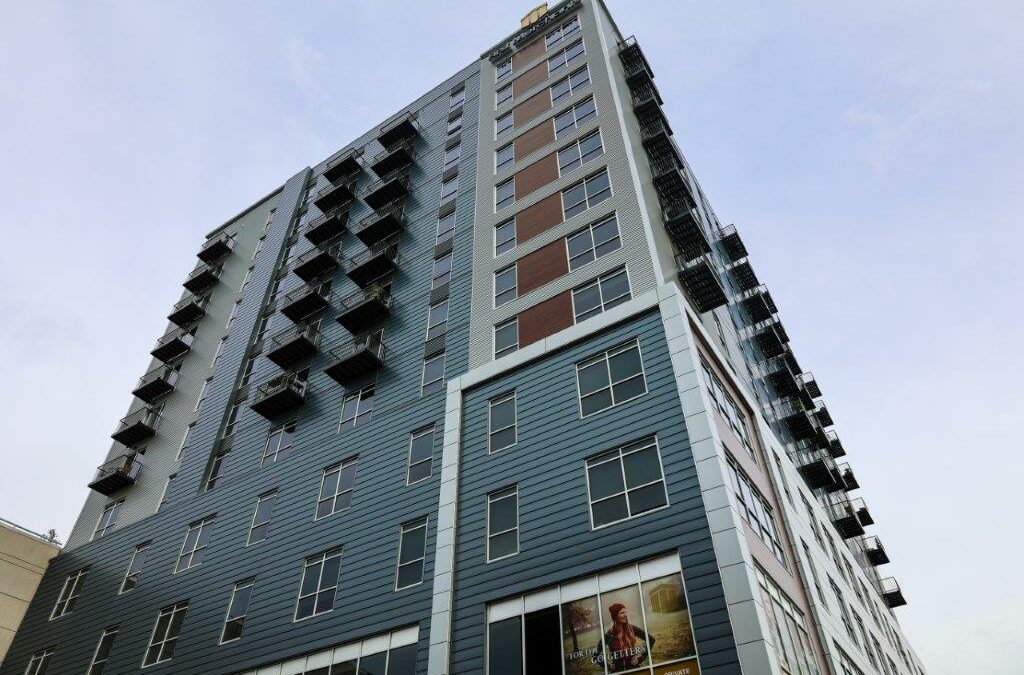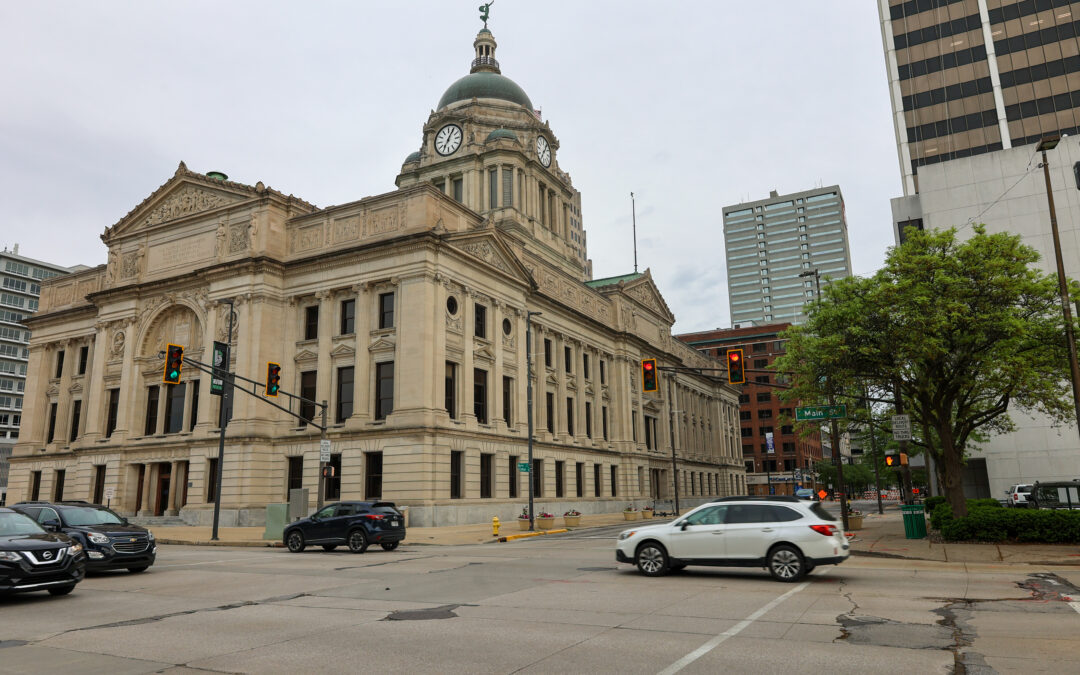Rising interest rates, home prices at never-before-seen levels, and inflation all play into the recent jump in foreclosures. Foreclosures happen when a homeowner stops making payments toward a property, and the institution (such as a bank) that financed the property steps in through legal action to take over the property and then sell it to recover all or a portion of its investment. Some foreclosures are known as Real Estate Owned (REO) properties. They have gone into foreclosure, didn’t sell at auction, and are now owned by the original banker or lender. Other foreclosures come from government agencies. HUD homes, which are owned by the US Department of Housing and Urban Development (HUD), result from mortgages insured by the Federal Housing Administration (FHA) that go into...


